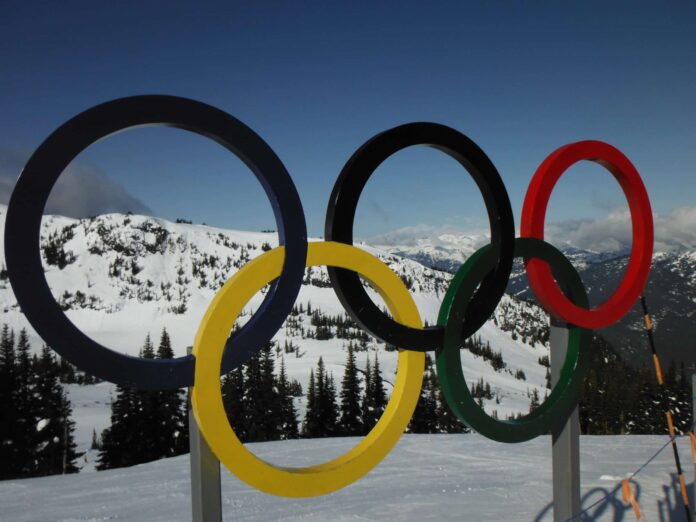As the organization of the 2030 Winter Olympic and Paralympic Games progresses in an uncertain political climate, the Southern Region is focusing on sports and territorial legacy. In Nice and the Southern Alps, several measures have been adopted to integrate these areas into the Olympic momentum.
The preparation for the 2030 Winter Olympic Games continues, despite a murky political context. While waiting for the Olympic law, delayed due to the absence of a government, the organizers must proceed without a clear legislative framework. However, the Organizing Committee (COJOP) and SOLIDEO continue their work. Tender calls totaling 3.8 billion euros are underway.
Edgar Grospiron, president of COJOP, wants “spectacular and sustainable Games.” Damien Robert, managing director of SOLIDEO, plans to deliver “all projects by summer 2029”, with 1.3 billion euros in investments. However, some sites remain dependent on local decisions. In Courchevel, for instance, officials are awaiting clarifications before the 2026 municipal elections.
In the Provence-Alpes-Côte d’Azur region, the situation is different. Nice and the Southern Alps are already focusing on legacy. On Friday, October 17, the Region voted on two reports related to the Games’ perspective. These measures are part of the Regional Mountain Sports Development Plan 2025–2030. The goal: transform the Games into a sustainable driver for the Alpine territories.
Concrete actions in Nice and the region
A new Pass for mountain sports will be launched from November 24, 2025, at the opening of regional resorts. It is targeted at high school students in Provence-Alpes-Côte d’Azur, both public and private. Annual aid can reach up to 100 euros. The regional budget allocated to the program amounts to 1.1 million euros.
This Pass aims to encourage a “2030 Generation” focused on the mountains and physical activity. It also aims to support the tourist economy of the Alpine valleys, often affected by seasonality. Nice and its hinterland will benefit from the impacts of the initiative. The metropolis already plays a significant role in promoting sports and mountain activities.
The Region has also adopted an agreement with the French Ski Federation and regional committees. It covers the period 2025–2030 and sets several priorities:
- develop high-level sports sectors,
- support regional athletes,
- host international competitions,
- support clubs and new practices.
“The 2030 Winter Olympic and Paralympic Games are a historic opportunity for the French Alps. By launching this new Pass and strengthening our partnership with the French Ski Federation, we are laying the foundations for a sustainable sports, economic, and territorial legacy for our mountains and youth. You loved Paris 2024, you will adore the French Alps Games 2030!” declares Renaud Muselier, president of the Provence-Alpes-Côte d’Azur Region.
This roadmap is part of a broader strategy. It aims to make the event a catalyst for youth, tourism, and mountain sports infrastructure. In Nice, the challenge is also to strengthen the link between the coast and the Alpine massif.
Between expectations and caution
While 55% of French people say they are in favor of hosting the 2030 Winter Games, 81% fear a budget overrun and 65% anticipate an environmental impact. These figures, from the Odoxa–Winamax–RTL barometer of October 6, 2025, reflect cautious approval.
The Games are still perceived as a factor of influence (73%), unity (75%), and job creation (69%). But the memory of the financial controversies surrounding the Paris 2024 Games calls for caution.
For Nice and the Southern Region, the challenge is to demonstrate that the legacy can precede the event. Regional initiatives surrounding sports, youth, and mountain tourism show a determination to embed the Games in the long term. While waiting for the national framework to become clearer, the local dynamics are already in motion.


